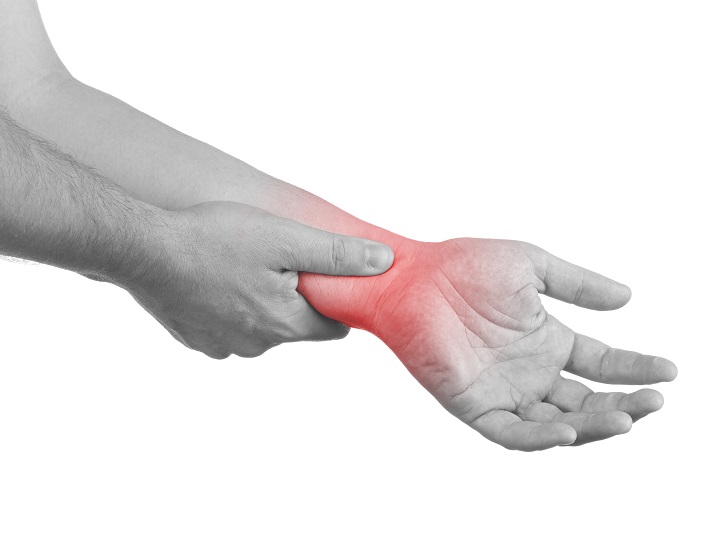
What Is Inflammation & What To Do About It
What is inflammation?
The term inflammation can be confusing. Sometimes, inflammation is described as a good friend who aids the healing process in our body. Other times it is described as the enemy who invades and destroys the body. The truth is, both are correct. Inflammation is a chemical process that occurs in response to cellular injury; at least initially.
Good inflammation helps our bodies fight infections and illness. For example, when you fall onto a knee while roller blading and a scab forms at the wound site, the inflammatory process is working appropriately. Ultimately new and healthy tissue will replace the scab until finally only a small remnant of the injury remains. Inflammation becomes the enemy when its presence remains longer than needed and the immune system goes into overdrive. This is considered chronic or excessive inflammation and can eventually cause or contribute to diseases and conditions such as asthma, sinusitis, ulcerative colitis and Chrohn’s disease, heart disease and rheumatoid arthritis, to name a few. Inflammation can become present in the body due to a number of factors, such as poor diet and lifestyle, exercise (too much or too little), medications, environmental exposures, emotional stress, physical trauma, or a virus or bacteria.
How do you know if you have excessive inflammation? Sometimes inflammation is self-evident. Osteoarthritis of the knee is a classic example. This is a degenerative process that frequently begins with sports trauma in the teens or twenties. As time goes on there are visible changes involving the joint that are apparent to the untrained eye. Chronic, wide-spread inflammation may become more challenging to identify. Symptoms can vary and may include unexplained weight loss or weight gain, muscle or joint pain, digestive problems, allergies, high blood pressure, digestive issues, or malaise – general feeling of discomfort that may be difficult to describe with symptoms such as poor concentration.

How To Heal Inflammation
To reduce inflammation in your body, start by choosing a healthier diet, exercising moderately and reducing stress in your daily life. Try an anti-inflammatory diet consisting of whole, nutrient dense foods such as fruits and vegetables, nuts and whole grains, eggs and fish and eliminate sugars, processed foods, refined grains, alcohols, and conventional grain-fed meats and dairy. Use more natural cleaning and personal care products to eliminate toxins in your home, and most importantly, get a good night’s sleep.
If you believe you may struggle with inflammation, its best to avoid the Internet self-diagnosis and see your healthcare provider for testing and evaluation. As an Osteopathic physician and advocate of Regenerative Medicine, I believe that chronic inflammation should be evaluated in methodological manner, starting with comprehensive blood work and a physical examination.


